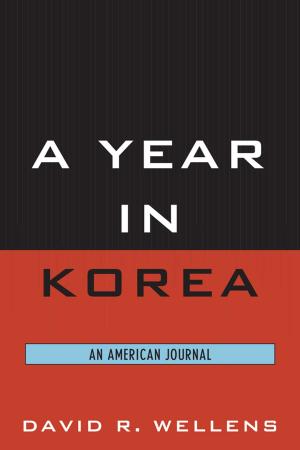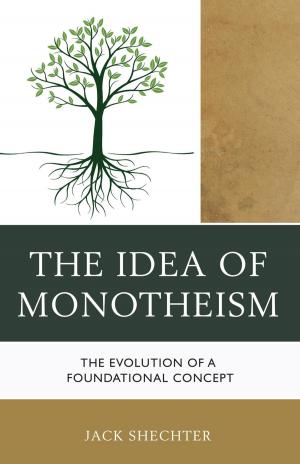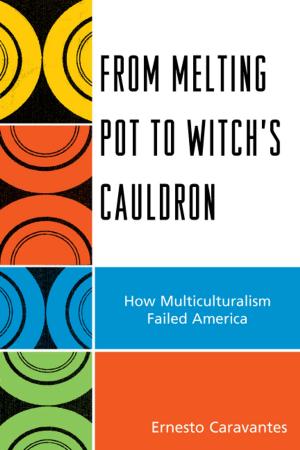Unholy Land
In Search of Hope in Israel/Palestine
Nonfiction, History, Middle East, Israel, Religion & Spirituality, Middle East Religions, Islam, Judaism| Author: | Witt Raczka | ISBN: | 9780761866732 |
| Publisher: | Hamilton Books | Publication: | November 30, 2015 |
| Imprint: | Hamilton Books | Language: | English |
| Author: | Witt Raczka |
| ISBN: | 9780761866732 |
| Publisher: | Hamilton Books |
| Publication: | November 30, 2015 |
| Imprint: | Hamilton Books |
| Language: | English |
Traveling major highways and secondary roads, walking unpaved paths, the author recites contradictions of the land between the Mediterranean Sea and the Jordan River, the Holy Land. Here, religion uneasily confronts politics and democracy, sublime nature undergoes militarization, and hospitality and empathy mix with brutality, hatred and violence.
Everything becomes security: not just borders and relations with the neighbors, but also water and archaeological evidence, demography and voting Arabs. Control of holy sites, perception of illegal immigrants, separate highway networks and built-up hilltops are all viewed through the prism of threat and security. Threats proliferate, be they real or imaginary, spontaneous or politically-driven. Whether in Jerusalem, the “city of the world”, or in small towns, tensions are palpable between Israel’s radical Jews and its Arab residents. Even within the Jewish community itself, increasingly nationalistic, animosities between ultra-Orthodox and more secular inhabitants are on the rise. Christians also feel under attack, as do moderate Palestinians from their Islamized brethren. In the occupied West Bank, Palestinian villagers confront radical settlers, often protected by Israeli soldiers, while in the isolated Gaza, Hamas imposes ever stricter rules upon its people. Not surprisingly, the Holy Land has become aplenty with both mental and physical barriers, with walls, checkpoints, no-go and firing zones.
Will rage and fear, sorrow and despair eventually trump hope? Although glimmers of hope exist—new water technology, Tel Aviv’s culture of tolerance, more pressures from the international community—the author remains more pessimistic than ever, as reflected in the book’s title.
Traveling major highways and secondary roads, walking unpaved paths, the author recites contradictions of the land between the Mediterranean Sea and the Jordan River, the Holy Land. Here, religion uneasily confronts politics and democracy, sublime nature undergoes militarization, and hospitality and empathy mix with brutality, hatred and violence.
Everything becomes security: not just borders and relations with the neighbors, but also water and archaeological evidence, demography and voting Arabs. Control of holy sites, perception of illegal immigrants, separate highway networks and built-up hilltops are all viewed through the prism of threat and security. Threats proliferate, be they real or imaginary, spontaneous or politically-driven. Whether in Jerusalem, the “city of the world”, or in small towns, tensions are palpable between Israel’s radical Jews and its Arab residents. Even within the Jewish community itself, increasingly nationalistic, animosities between ultra-Orthodox and more secular inhabitants are on the rise. Christians also feel under attack, as do moderate Palestinians from their Islamized brethren. In the occupied West Bank, Palestinian villagers confront radical settlers, often protected by Israeli soldiers, while in the isolated Gaza, Hamas imposes ever stricter rules upon its people. Not surprisingly, the Holy Land has become aplenty with both mental and physical barriers, with walls, checkpoints, no-go and firing zones.
Will rage and fear, sorrow and despair eventually trump hope? Although glimmers of hope exist—new water technology, Tel Aviv’s culture of tolerance, more pressures from the international community—the author remains more pessimistic than ever, as reflected in the book’s title.















